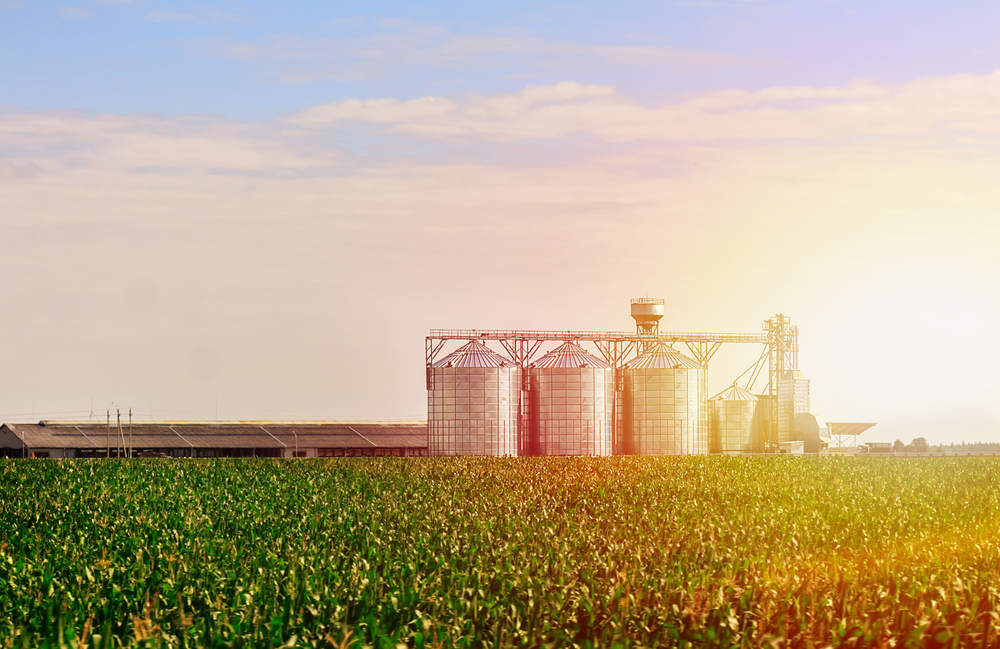During the early development of human society, people grew crops to feed their families out of necessity. Everyone pitched in to plant and harvest food and commodities as a regular part of daily life. As culture has evolved, farming has become more than merely an in-house method of survival. It has become a thriving industry for business development and technological advancement.
As new tools are established and research is conducted, every single factor of agriculture is being transformed into what we now call agribusiness. The supply chain has developed into a global industry that allows farmers to focus their work on growing their crops more efficiently and precisely. Production is made easier with the help of companies that produce farming machinery, supply seeds and develop technological tools to help farmers make precise decisions when planting and harvesting. These companies create an ecosystem that turns agriculture into agribusiness.
In addition to developments in crop production, there have also been great strides in the trade market. While people have traded crops for hundreds of years, the marketplace has changed quite a bit in response to the rise in technology. Increased production of crops introduced a new need in the industry for those who market farming products, such as warehouses, processors and retailers. These marketers streamline the supply chain by connecting farmers to consumers and providing online platforms to conduct business for local and worldwide trade.
The evolution from agriculture to agribusiness has completely transformed the way that crops are grown, bought and sold, forging the path for new technology and providing jobs for a community of farmers, food specialists, technology professionals and more. As a result of this economic progress, farmers are no longer limited to the work of their own hands, but work alongside others as a vital part of a living industry that fuels the world.

